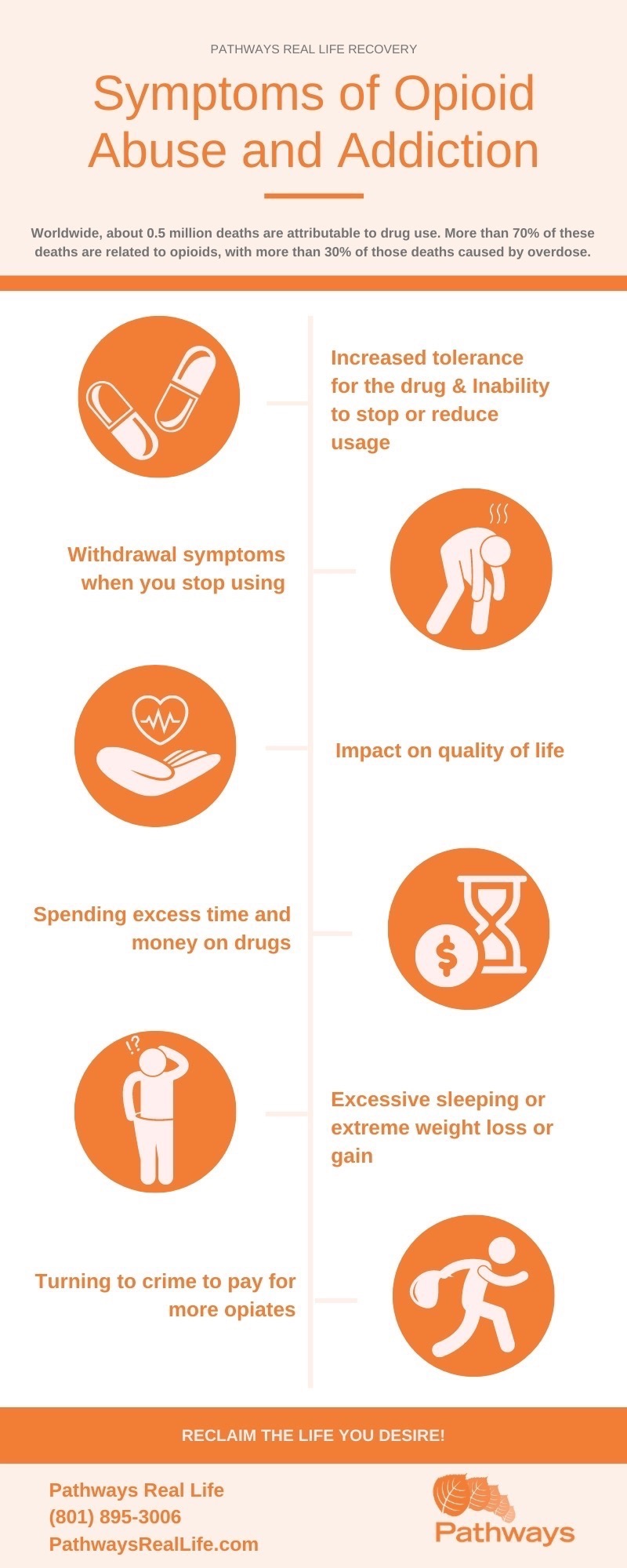Substance abuse and drug addiction are among the biggest problems facing modern society today. Unfortunately, opiate addiction is incredibly common. In a lot of situations, this addiction takes root following prescription medications. Opioid and narcotic drugs are only supposed to be used for short-term conditions. Unfortunately, many people end up relying on them to control chronic pain for prolonged amounts of time. Eventually, people get addicted to them. People may progress from prescription opioid medications to substances that are more deadly. Sadly, opioid overdoses are incredibly common. Why is this the case? What makes them different from other medications?
People Develop a Tolerance To Opioid Medications Over Time
If individuals take opioids for a prolonged amount of time, they develop a tolerance to them. Opioid medications function by traveling throughout the body. Then, they bind to specific receptors scattered throughout various systems. Some of the most common locations in which these receptors are found include the spinal cord, the peripheral neurons, and the brain. After an opioid binds to this receptor, the body responds appropriately. For example, opioids may numb people's response to pain.
Over time, these receptors are going to change both in how they function and how many of them there are. This is how people develop a tolerance to opioid medications. If people develop a tolerance to opioids, they will have to take more of that specific medication to achieve the same effects. This is called tolerance.
Tolerance Leads To Opioid Overdoses, Which Can Be Deadly
There are many reasons people take opioid medications; however, regardless of the reason, opioid addiction can be to tolerance. In individuals who have developed a tolerance to opioid medications, their pain may start to get worse. As a result, they start taking more and more opioids to achieve the same effect.
As people take higher doses of opioids, the chances of overdosing start to go up. Unfortunately, opioid overdoses can be deadly. Opioid medications work in the central nervous system. When people overdose on opioids, this can lead to something called respiratory depression. As a result, people may fall asleep, go unconscious, and they're breathing may start to slow. Opioid overdoses cause someone to take low, shallow breaths. This deprives the heart, the brain, and other vital organs of oxygen, which can be fatal. As a result, anyone who has developed a physical dependence on opioid medications should seek the help of trained professionals.
What Are the Symptoms of Opioid Abuse and Addiction?
Here are some of the signs and symptoms of opioid misuse and addiction:
- Increased resistance for the drug
- An inability to quit or minimize usage
- withdrawal symptoms when you stop using
- a desire to keep using even when health complications
- an impact on the quality of life, including relationships and employment
- spending excess time and money on drugs
- extreme sleeping or excessive weight loss or gain
- turning to crime to pay for more opiates

Contact Pathways Real Life Today for Help with Opiate Addiction Utah
If you are looking for opiate addiction treatment, rely on the local area’s best drug rehab. We are Pathways Real Life, and we provide you with access to opiate addiction treatment in Utah. As a professional rehab center, we take most insurance plans and offer secure financing. We will tailor our treatment regimens to meet your unique needs. To learn more about how we can help you overcome opiate addiction today, please contact us to speak with a team member. We look forward to hearing from you.


